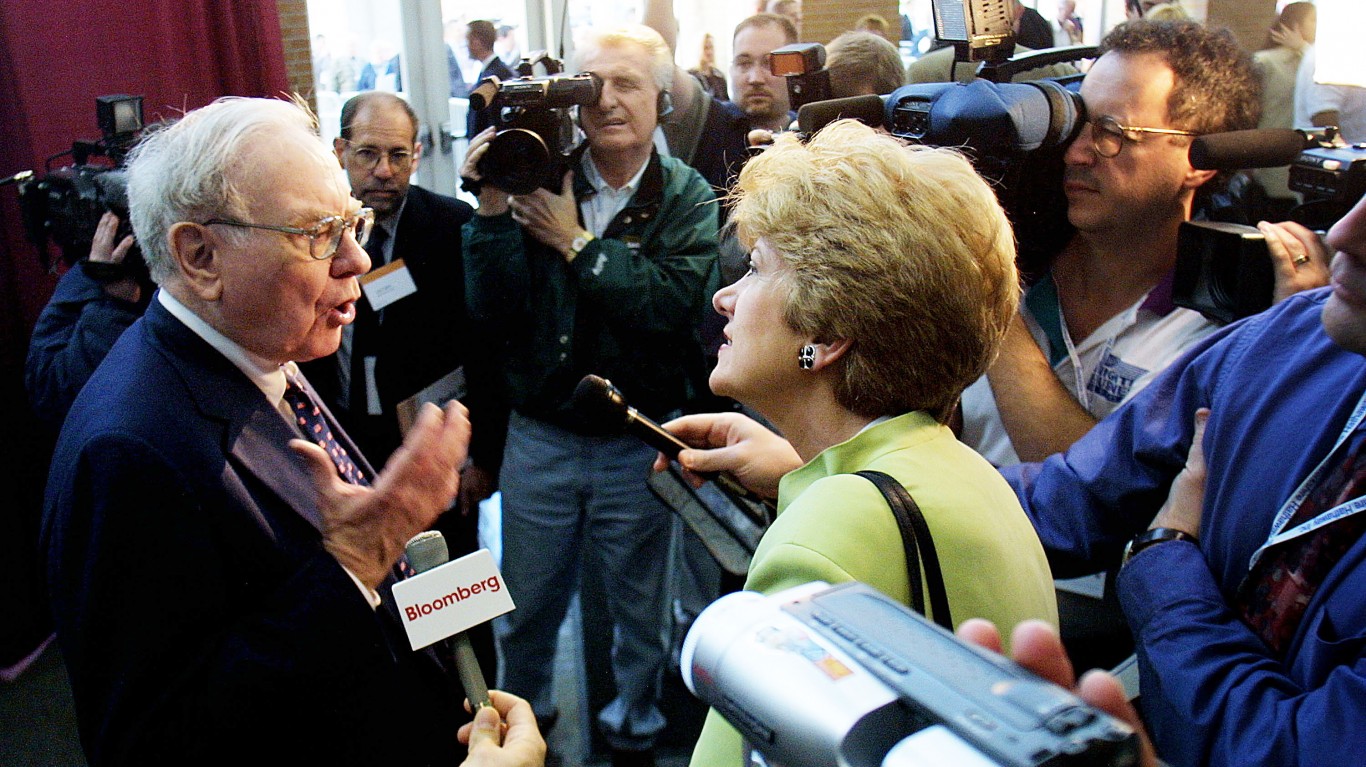If the recession is over globally, many people have not seen the benefits. The result is that, for tens of millions of people, the recession has not ended, as far as they see it. As proof, global economic confidence has barely changed since the bottom of the crisis in 2009.
A new Gallup poll on global economic confidence shows:
Economic confidence worldwide has improved little since the height of the downturn in 2009. Gallup’s global Economic Confidence Index improved eight points over this time period, rising to 18 last year from 10 in 2009.
The source of a great deal of this pessimism is Europe. However, it is not confined there.
Europe, with a score of -35, has the lowest economic confidence of all regions, and it is the only region that did not improve from 2009 to 2012. Asia has the most positive 2012 Economic Confidence Index score, at 32, up slightly from 27 in 2009.
With its booming economy, the figures from Asia should be better. A close look shows that while China’s population is indeed optimistic, in most other countries in the region a loss of economic confidence is high.
The pessimism in Asia comes from some nations that most observers would probably guess would be better.
South Korea, Pakistan, Nepal, and Hong Kong also have negative economic confidence scores, with South Korea experiencing the largest decline from 2009 to 2012 of all Asian countries. South Korea has been suffering from a bad housing market and slumping economy, but the country’s first quarter of 2013 saw improved GDP growth. It is possible South Korea’s decline in confidence will slow in 2013.
But the reason for the attitude is South Korea is hard to understand. South Korean GDP growth in the first quarter of this year was 0.9% over the same period a year ago — the best improvement in two years. And Hong Kong’s GDP improved even faster at 1.2% in the first quarter.
Maybe the negative attitude in South Korea and Hong Kong is because they have not expanded at historical rates since before 2009. Or the people in these countries may look at much of the balance of the world, especially the nations that import their goods, and figure that whatever growth they have experienced is fleeting. That reasoning would make sense.
Methodology: Results are based on face-to-face and telephone interviews with approximately 1,000 adults, aged 15 and older, conducted in 108 countries in 2009 and 2012. Countries were weighted based on the size of their population.
It’s Your Money, Your Future—Own It (sponsor)
Are you ahead, or behind on retirement? For families with more than $500,000 saved for retirement, finding a financial advisor who puts your interest first can be the difference, and today it’s easier than ever. SmartAsset’s free tool matches you with up to three fiduciary financial advisors who serve your area in minutes. Each advisor has been carefully vetted and must act in your best interests. Start your search now.
If you’ve saved and built a substantial nest egg for you and your family, don’t delay; get started right here and help your retirement dreams become a retirement reality.
Thank you for reading! Have some feedback for us?
Contact the 24/7 Wall St. editorial team.






